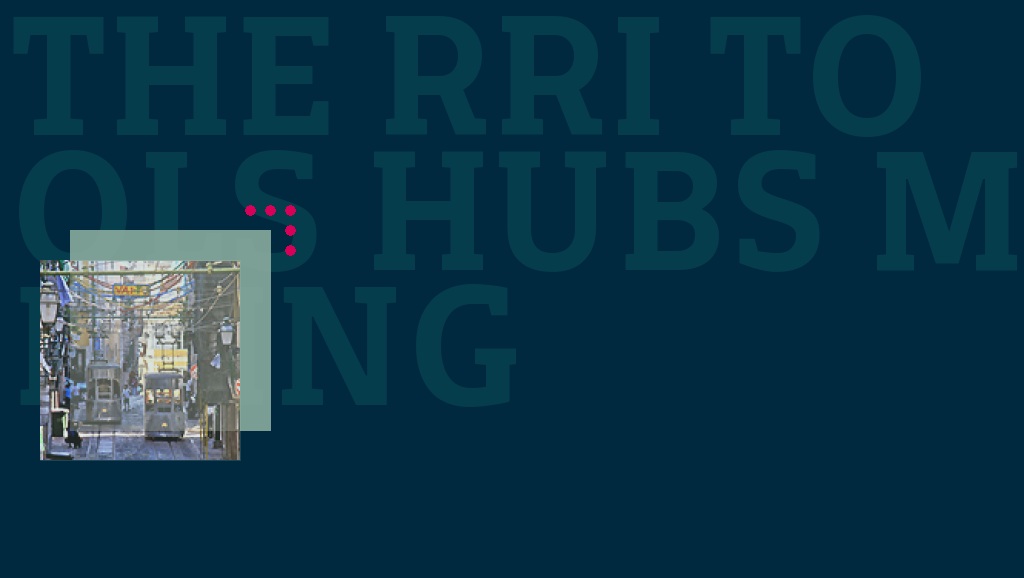The RRI Tools Hubs Meeting brings to Lisbon around 60 researchers, science communicators, educators and policy makers, from 30 countries, to debate and present concrete examples of Responsible Research and Innovation (RRI) in action.
The event is organized by the RRI Tools project, a consortium of 26 institutions that brings together considerable experience in the key components of RRI across Europe. The final outcome of RRI Tools is to develop a set of digital resources to advocate, train, disseminate and implement RRI under Horizon 2020.
A key element of the project are the 19 RRI Hubs, networks created to cover 30 countries across Europe. These hubs are responsible for training in the use of the project tools and resources, advocating policy makers at national and regional level, and taking further the RRI initiative. The ultimate goal is bring into being a European community of practice that draws together all people and organisations that are active in this new vision of scientific and social development
Considering the hubs’ experience in the field and the crucial materials they have developed — particularly in their consultation activities –, hubs are in a great position to provide a first wide reaching vision of RRI promising practices across Europe. Up to 20 communications, organized in 3 panels, debate and showcase Responsible Research and Innovation in action.
Fondazione Giannino Bassetti, member of the Italian Hub, and its activities will be presented by Valentina Amorese and Riccardo Porro, from Fondazione Cariplo, Italy Hub coordinator.
Here below you can find the abstract of their communication:
The state of the art of RRI in Italy and Switzerland – Abstract
Valentina Amorese and Ricardo Porro | Fondazione Cariplo
At first glance, and like other Mediterranean countries, Italy has a very traditional approach to knowledge construction – one that clearly separates science from society. Examples of co-production of science are limited and public engagement exercises are rare. Italian cultural and traditional background tends to clearly define the roles scientists and society play in the practice of knowledge construction. Nonetheless, there are local examples of RRI practices that deserve attention in light also of the difficulties of the context. Concrete examples of RRI promising practices will be presented: Agora, UGO and Food Policy.
The Swiss approach to science and society is peculiar and reflects the complexity of this country. Being at the crossroad between four different cultures Switzerland naturally embraces a critical and open approach. In addition, the referendum system reflects a spirit of direct engagement and transparency that is exceptional within the EU context. For these reasons the level of the debate and openness that characterizes the relation between science and society is undoubtedly inspiring.
—————–
(Photo: Trip in Lisbon by Marco Fedele from Flickr)
—————–
















